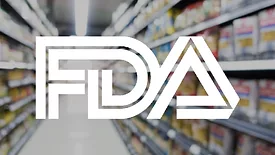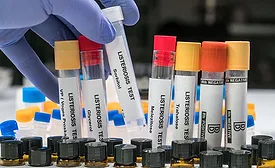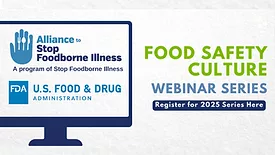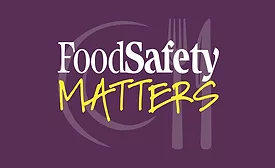FDA
The Signal to Start: How the FDA CORE Signals and Surveillance Team Evaluates and Identifies Foodborne Illness Outbreaks
Several tools and data sources are used in signal detection to evaluate genetic and epidemiologic information linked to foodborne outbreak investigations
Ashley Grant M.P.H.
Tyann Blessington Ph.D., M.S., M.P.H.
Daniela Schoelen Ph.D., M.P.H.
Stelios Viazis Ph.D.
Cary Chen Parker M.P.H.
Anders Evenson
Kellen Stuart
Jennifer Beal M.P.H
December 12, 2025
BIZTRACKS
Stop Foodborne Illness, FDA Food Safety Culture Webinar Series Continues
December 11, 2025
Never miss the latest news and trends driving the food safety industry
Newsletters | Website | eMagazine
JOIN TODAY!Copyright ©2026. All Rights Reserved BNP Media.
Design, CMS, Hosting & Web Development :: ePublishing











